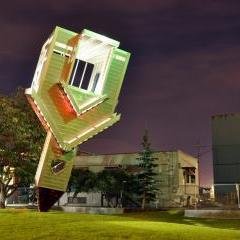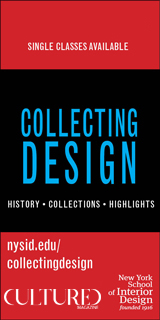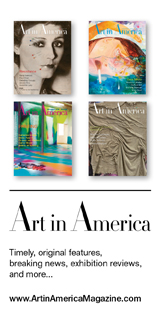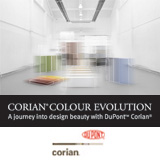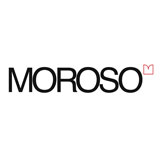"An Instrument for Greater Equity." More Guidance from a Leader on Creative Placemaking
News from the Web
Earlier this year, the Kresge Foundation published the first in a series of white papers to help grantmakers and practitioners more successfully integrate arts and culture into community development. Given the foundation’s role as a leader in the field in creative placemaking and aligning the arts with social justice, inequality and urban development, the announcement was timely and important.
The paper, titled "Arts & Culture Program—The First Decade," traced the evolution of Kresge's program from providing capital challenge grants to foundation's current creative placemaking strategy.
Kresge recently published the second white paper, "Creative Placemaking and Expansion of Opportunity—Observations and Reflections," which surveys the state of the rapidly evolving field of creative peacemaking and, according to author Maria Rosario Jackson, provides "a point of departure for further examination, discussion and action as the field continues to develop."
I encourage you to read the whole thing. But in the meantime, here are some key takeaways:
Nexus Point
According to Jackson, the "language and general premise" of creative placement is finally taking root. This is good news. As Kresge previously noted, "many elements of creative placemaking are not well understood, and that lack of clarity inhibits more widespread adoption of the practice."
And while unanimous consensus, at least semantically speaking, may never emerge around a universal definition of "creative placemaking," the term is "now widespread in the arts and culture field, and increasingly in community development and urban planning."
But widespread acknowledgment of the term also brings risks. "Creative placemaking," according to Jackson, has also been associated with "gentrification, displacement of residents with low incomes (often including artists), and loss of affordable real estate."
Fortunately, Kresge has been ahead of the curve in this regard. It recently published case studies looking at how creative placemaking stakeholders allayed residents' fears of gentrification in Cleveland and Washington, D.C.
Consequently, creative placemaking can be a seen as nexus point where some of the most pressing issues in arts philanthropy converge, including social justice, gentrification, economic and cultural displacement, and cultural appropriation. And therein lies the $64,000 question.
According to Jackson, if the practice is to be understood as an "instrument for greater equity and expansion of opportunity for vulnerable populations," what field developments are "most essential?"
continue reading at insidephilanthropy.com






